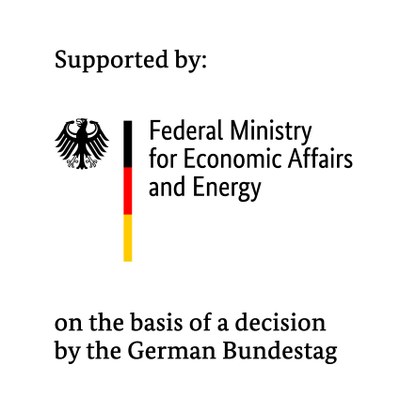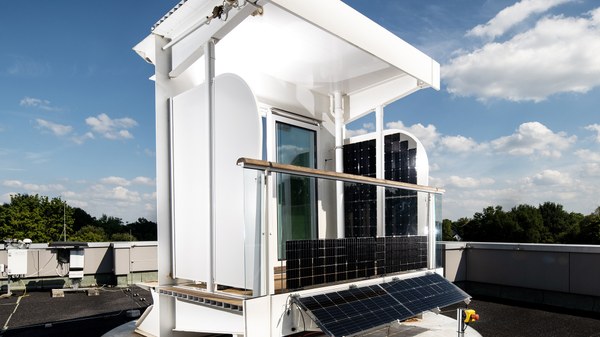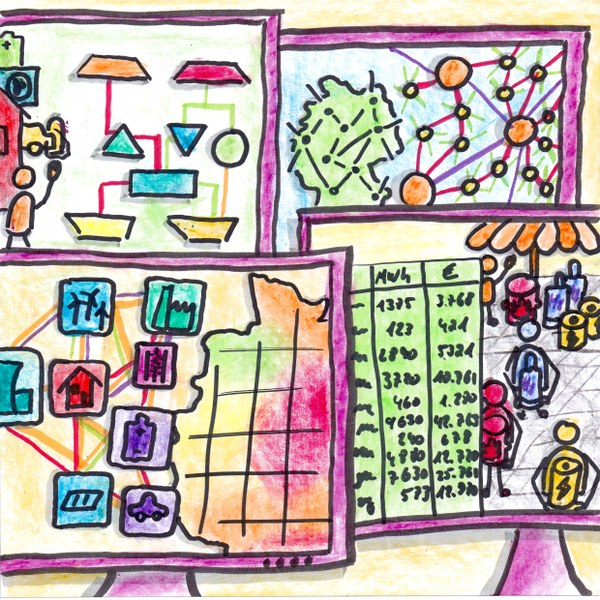Urban and Residential Technologies
The Urban and Residential Technologies Department is working on developing and coupling new and innovative system-relevant individual technologies and components. One priority research area relates to active building envelopes.




